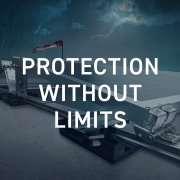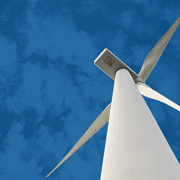An embryonic movement is growing in Europe to build “smart cities” that will challenge the status quo. Such cities would become self-contained units, their buildings gleaning energy from the powerful weather systems sweeping across their roofs and feeding it down to homes below and vehicles in the streets. Electric cars in the garages would double as battery packs for when energy supplies are scarce. And every scrap of waste food, garden trimmings and sewage would be used to ferment gas.
{pagebreak}
“A very different business model will emerge over time,” said Gearoid Lane, managing director of British Gas New Energy, the utility’s green division. “If any energy company ignores the long-term impact on future fossil-fuel-backed energy sales, they will be in for a shock.”
At the hub of the system would be a “smart electricity grid” that allows electricity to flow where it is needed most and that dissipates energy spikes as weather systems sweep through. “The more fluctuating energy you have from renewables, the more it makes sense to have a smart grid,” said Markus Ewert from the new technologies team of German utility E.ON AG. “It would help stabilize the energy flows, so you don’t come up against the limits of the grid.
“Electric vehicles could be connected to the grid and could store energy at times when too much is produced – and they could feed it back into the grid when there’s not enough.”
While utilities such as E.ON are looking for opportunities, there is also strong suspicion that others are trying to preserve their vested interests and slow the pace of change in Brussels, the main driver of European climate regulation.
That suspicion was fuelled last month when a plan to put €500-million ($797-million) into researching smart cities was scrapped.
“It’s stunning that funding was kicked out, and it’s pretty clear the big electricity utilities were not innocent,” said Green Party member Claude Turmes, who last year helped draft EU green energy policy. “Their influence on policy-making is tremendous,” he added.





















